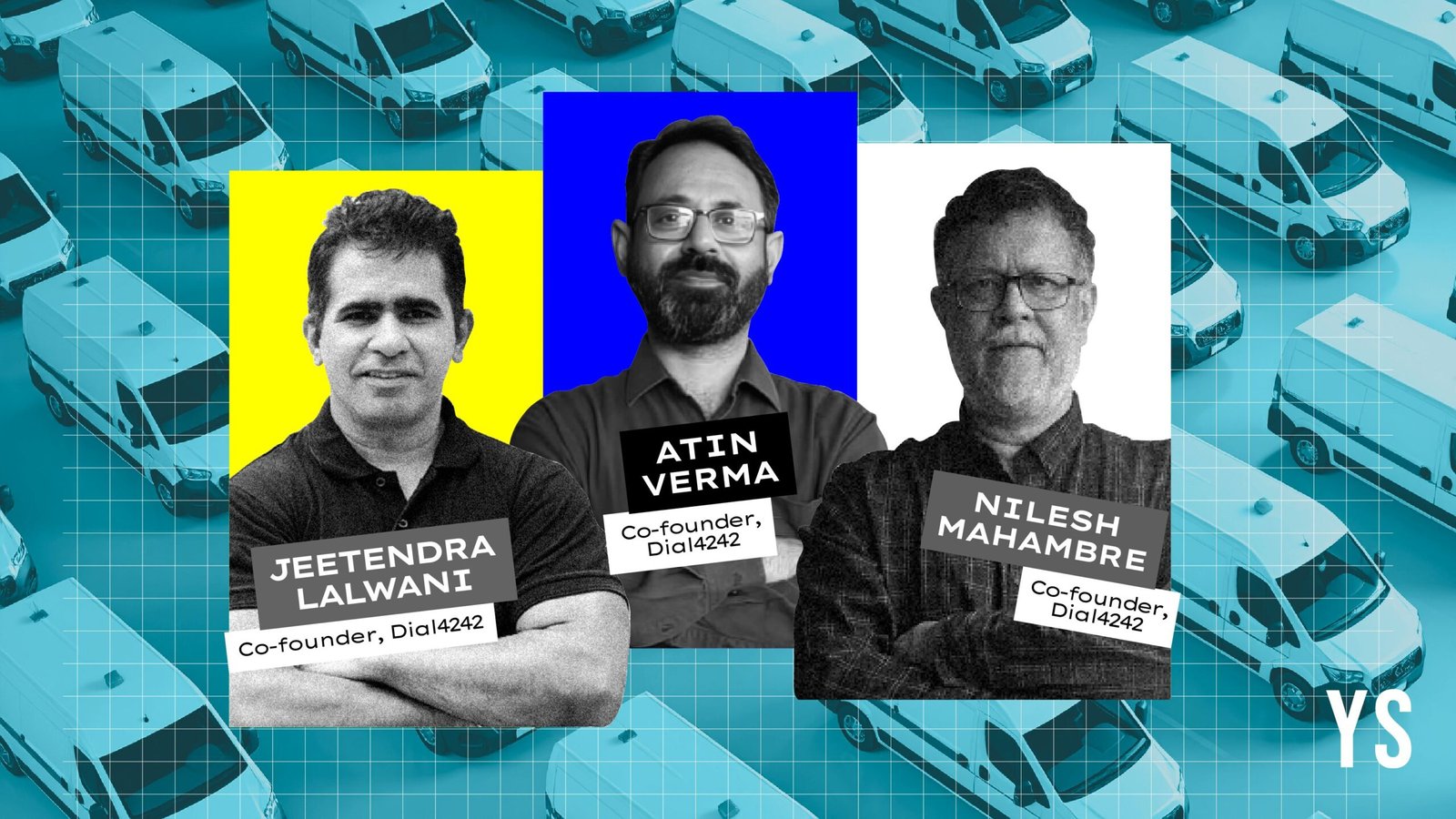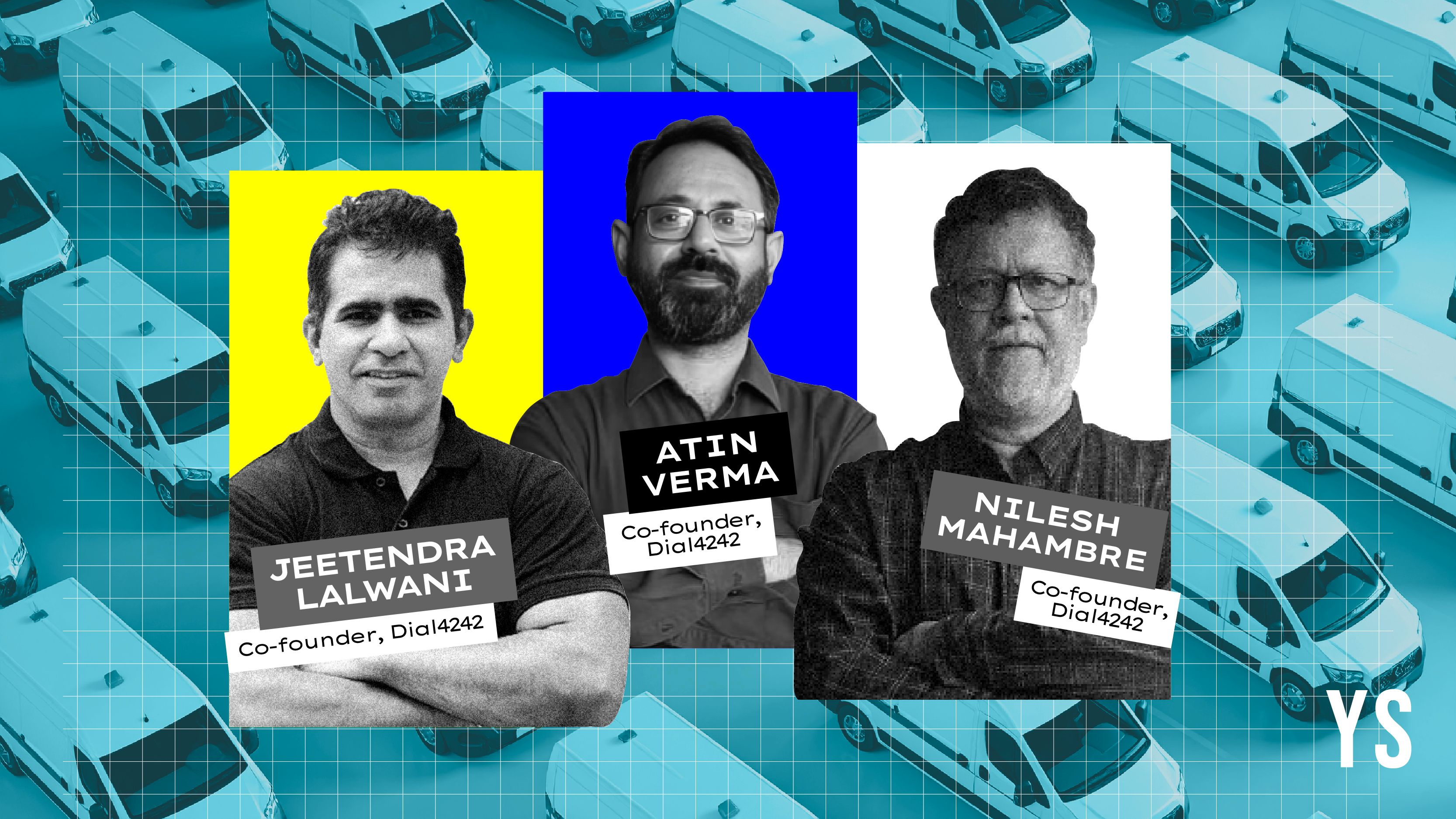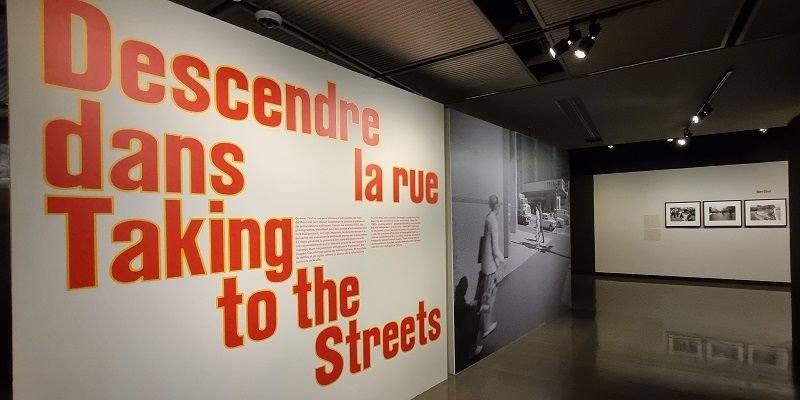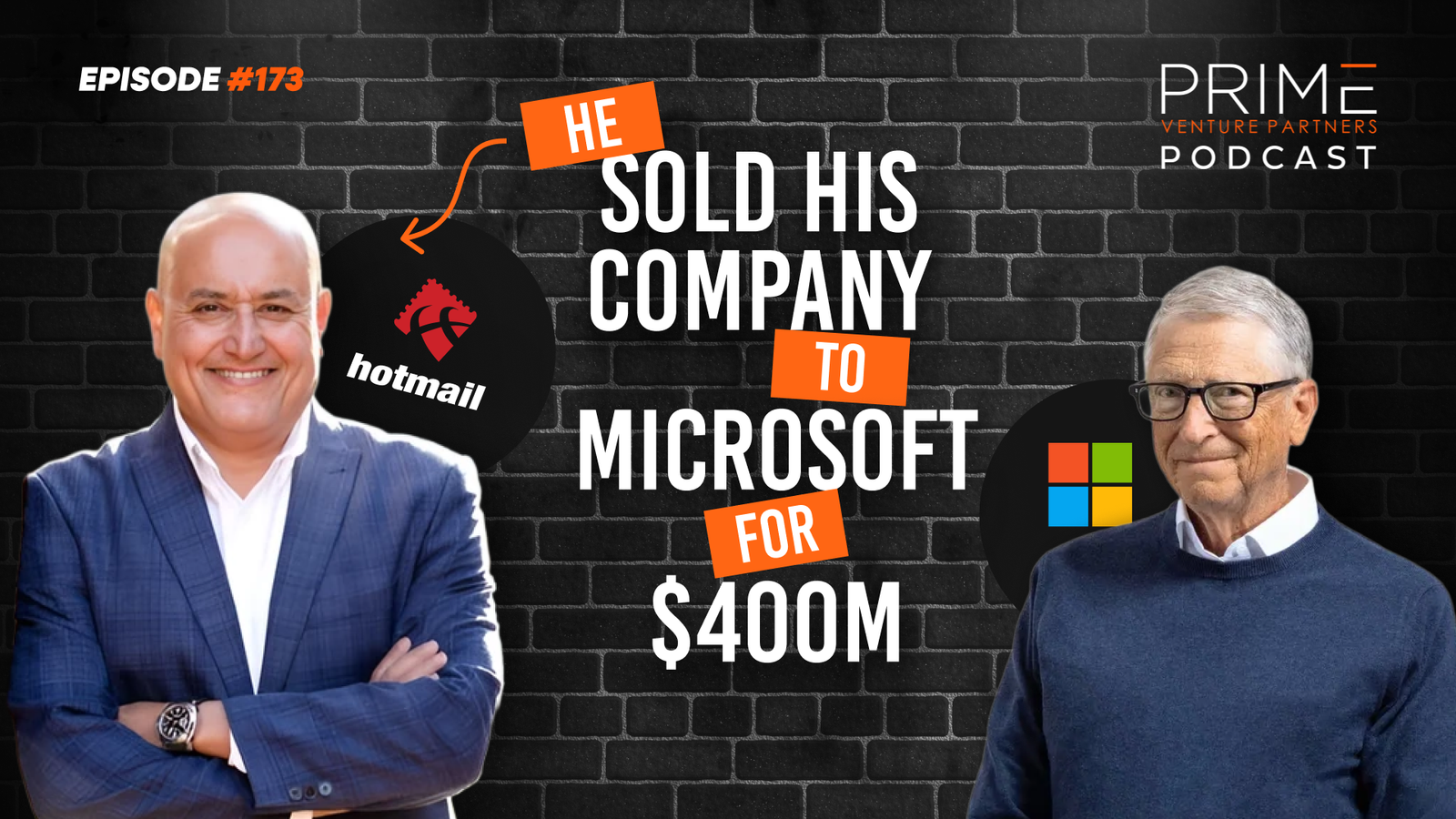How Dial4242 is speeding up medical emergency response across India


In 2016, during the final days of Jeetendra Lalwani’s father, frequent emergency hospital visits became the norm. But arranging ambulances was a constant struggle.
“If I sounded scared, the price would shoot up four to five times,” he recalls. “They’d say five minutes, but would always take over an hour.”
On the day of his father’s heart attack and subsequent death, the ambulance never arrived—and the delays followed even during the funeral transfer.
This experience was devastating for Lalwani. Nearly 80% of trauma patients in India don’t receive help within the critical first hour, according to a 2023 Nature Scientific Reports study.
“If this happens in Mumbai, what are people in smaller towns facing?” Jeetendra asked himself. “Maybe it was my dad’s blessing—even in his death, he gave me a purpose.” This sparked the idea for Dial4242.
The company, co-founded that same year by Jeetendra Lalwani, a seasoned marketer; Nilesh Mahambre, an IT industry veteran; and Atin Verma, a telecom professional with nearly three decades of experience, set out to streamline India’s ambulance network.
The app enables instant ambulance booking, real-time tracking, and 24×7 support. Dial4242 partners with local operators to improve response times and reduce cancellations. It trains the drivers, charges no commission, and makes sure the right ambulance, Basic Life Support (BLS) or Advanced Life Support (ALS) is dispatched within a minute.
For B2B clients, Dial4242 guarantees a 15-minute ambulance turnaround time and bears penalties for delays. To beat roadblocks, it dispatches multiple ambulances from different directions, so at least one makes it on time.
Today, the company offers BLS, ALS, ICU, inter-city, dialysis, and even air ambulances, with growing traction across hospitals, corporates, and gig platforms.
In July 2025, Dial4242 raised Rs 9 crore in pre-Series A funding, led by IAN Group, with participation from BioAngels, IIM Bangalore’s NSRCEL, and other angel investors. The company said the funding will help reduce average response time. It said it will also invest in tech, marketing, medical centres, and key hires—focusing on building a lean, efficient sales and ops team.
“Today, we have a turnaround time of under 12 minutes, which is significantly shorter than most other players in the space, including Red.Health and Medulance,” says Lalwani.
The startup also plans to use AI to transmit patient vitals in real time, so that hospitals can begin treatment or guide ambulance teams on route. This project is currently live in select cities like Mumbai, Delhi, Hyderabad, and Bengaluru, with plans to scale it pan-India.
With new funding, Dial4242 states it plans to scale tech like GPS tracking, automated dispatch, and smart integrations—car crash alerts, smartwatch ECG detection, and gig worker support.
.thumbnailWrapper{
width:6.62rem !important;
}
.alsoReadTitleImage{
min-width: 81px !important;
min-height: 81px !important;
}
.alsoReadMainTitleText{
font-size: 14px !important;
line-height: 20px !important;
}
.alsoReadHeadText{
font-size: 24px !important;
line-height: 20px !important;
}
}

From COVID call to nationwide ops
Despite the current growth, the journey was not smooth for the company. In 2020, Lalwani nearly quit, “I come from a middle-class background, and financially things were very tight for me,” he says.
This was around the time when COVID-19 struck the world. His co-founder told him, “Lalwani, you started this with a mission. Now it’s your turn to save lives. You can quit, or come back and make a difference.”
Dial4242’s first COVID call was for a pregnant woman in labour who was unable to find an ambulance all day. “No one knew how COVID spread, people were scared and ambulance drivers ran away,” Lalwani recalls.
Yet, Dial4242 managed to dispatch an ambulance within an hour for the lady, and the pandemic became a turning point for the company. “The blessings from that one act kept us going—that’s when our COVID journey began.” Soon after, Mumbai Police recommended them, Bhumi Pednekar featured them on X, and they partnered with NGOs to offer ambulances, plasma, and beds.
From B2C to B2B
Before COVID-19, Dial4242 followed a B2C-first model, but struggled with revenue. However, the pivot came when platforms like Zomato and Swiggy reached out for a programme to support injured delivery partners in the shortest possible time.
While Swiggy launched a free, on-demand ambulance service with an SOS button in the partner app, Zomato partnered for ambulance support and mobile health units. Soon after, Amazon came on board and requested support for gig workers, especially in remote areas like army cantonments and Naxalite zones.
These partnerships showed Dial4242 that a B2B-first model was their way to recovery. It secured Rs 5 crore from contracts over three years, launched medical centers with over Rs 1 crore annual revenue potential per client, and has now become the go-to partner for gig platforms and hospitals across India.
.thumbnailWrapper{
width:6.62rem !important;
}
.alsoReadTitleImage{
min-width: 81px !important;
min-height: 81px !important;
}
.alsoReadMainTitleText{
font-size: 14px !important;
line-height: 20px !important;
}
.alsoReadHeadText{
font-size: 24px !important;
line-height: 20px !important;
}
}

As part of the pivot, Dial4242 upgraded its tech and built a system to onboard ambulances from any platform. “Today, instead of saying we have 10,000 ambulances, we say we have an infinite pool—and it keeps growing,” says Lalwani.
Despite post-COVID challenges, Dial4242 is now close to breaking even with manageable losses. It raised Rs 2 crore from angel investors and recorded 133% growth in FY23–24.
From a lean five-member team in 2017, the company grew to around 15 core employees and 30 field staff by 2023, and now plans to expand to 50 core and 200 operational/support staff by the end of 2025.
The perception of Dial4242 has shifted not just for stakeholders but even for the founders. “Our turnaround time is 12 minutes. We want to bring it down to 8 minutes. That’s a promise we are working toward, and we will deliver on it soon,” says Lalwani.
Challenges and plans ahead
Even with strong tech and nationwide reach, Lalwani says, their biggest challenge isn’t competition—it’s awareness.
“The first question I ask any client or investor is, ‘Do you have an ambulance number saved on your phone?’ In 99% of cases, the answer is no, because somehow, in India, life is still not taken seriously.”
To change this, the startup has launched a membership plan, which starts at just Rs 49 per year, including free ambulance services. The goal is to make emergency access not just available, but automatic—especially for families, senior citizens, gig workers, and people in remote areas.
“Because right now, more than competition or anything else, the one thing people in India need to realise is their life matters,” says Lalwani.
Edited by Megha Reddy
Discover more from News Hub
Subscribe to get the latest posts sent to your email.






